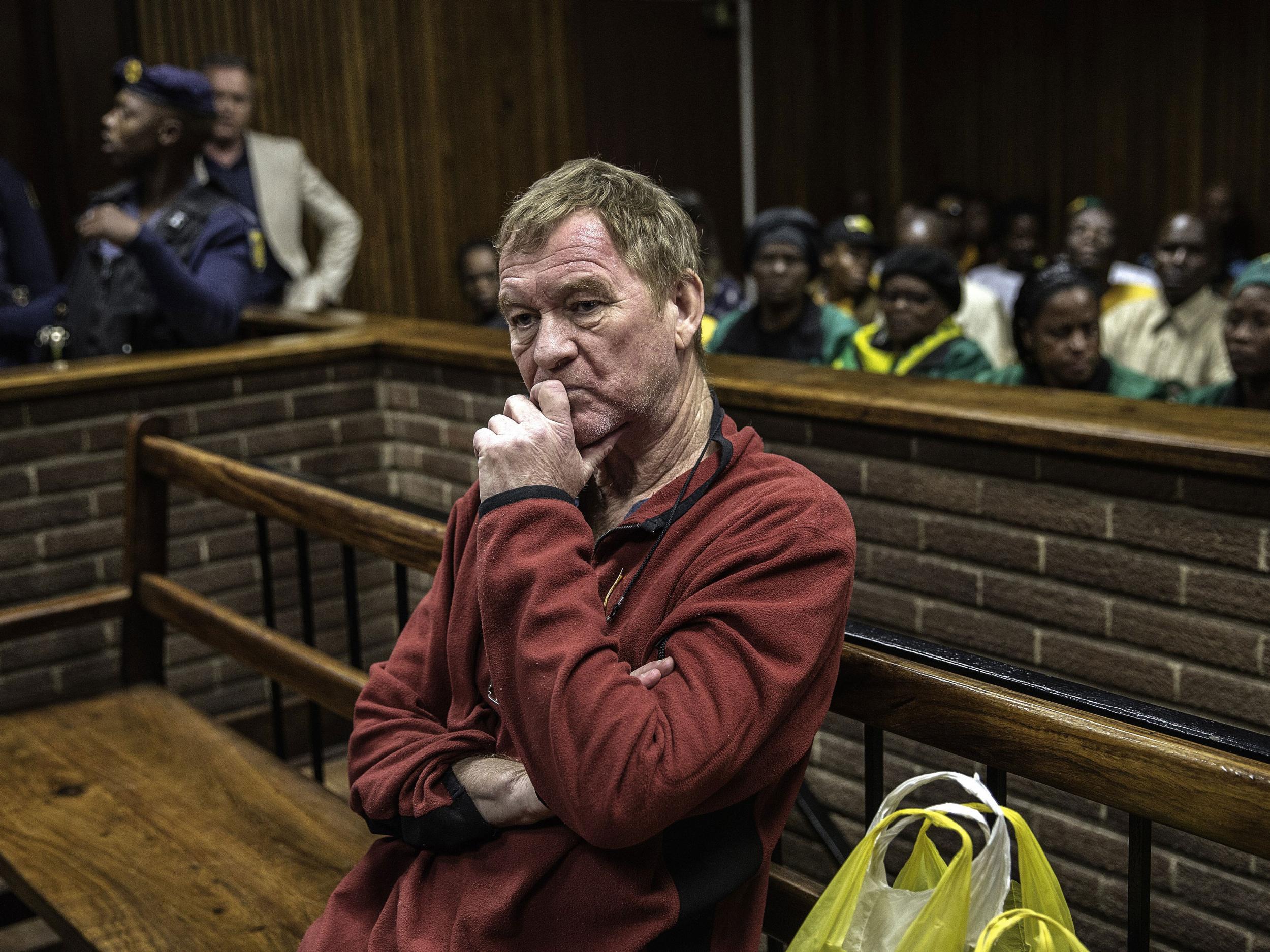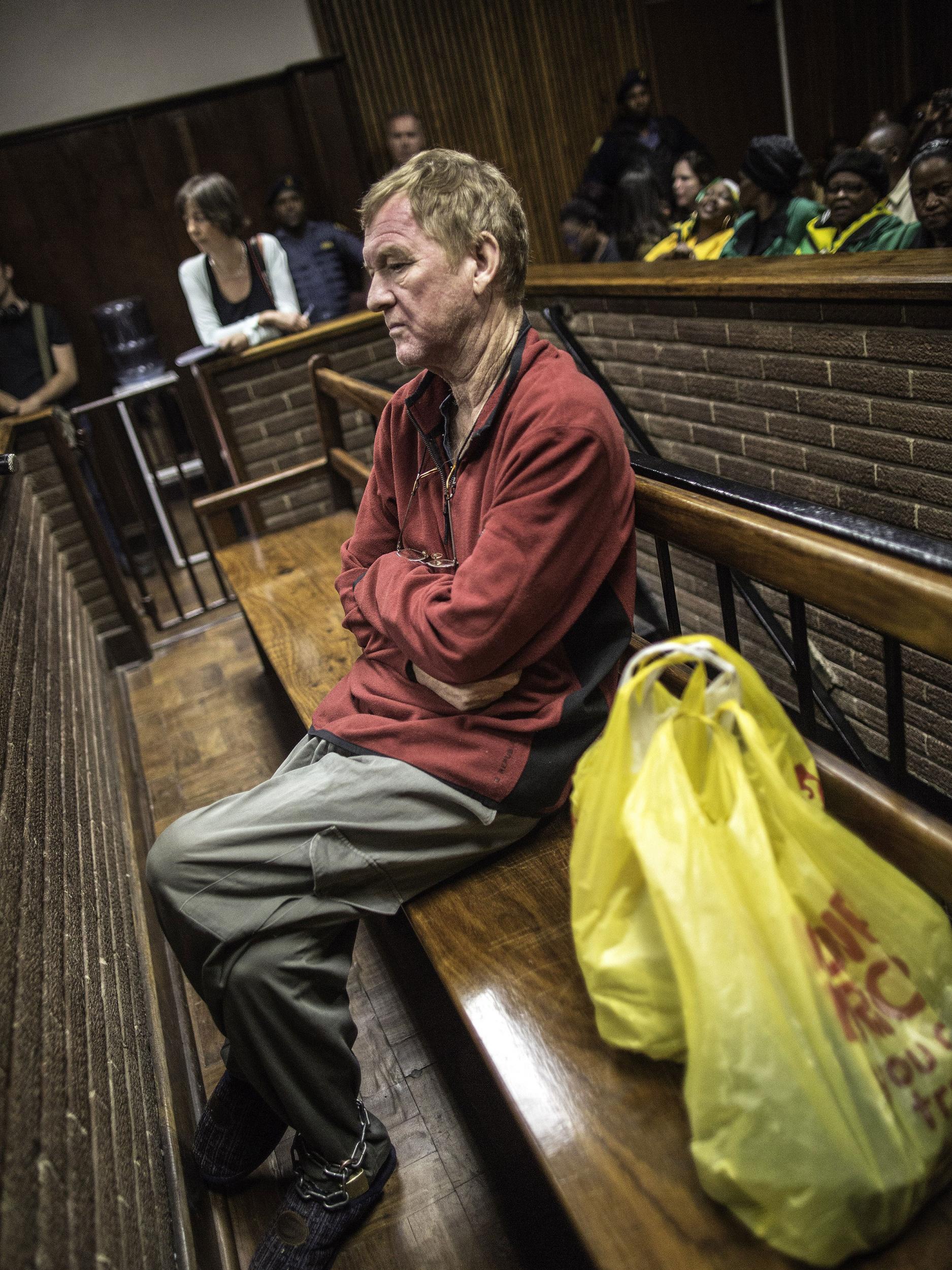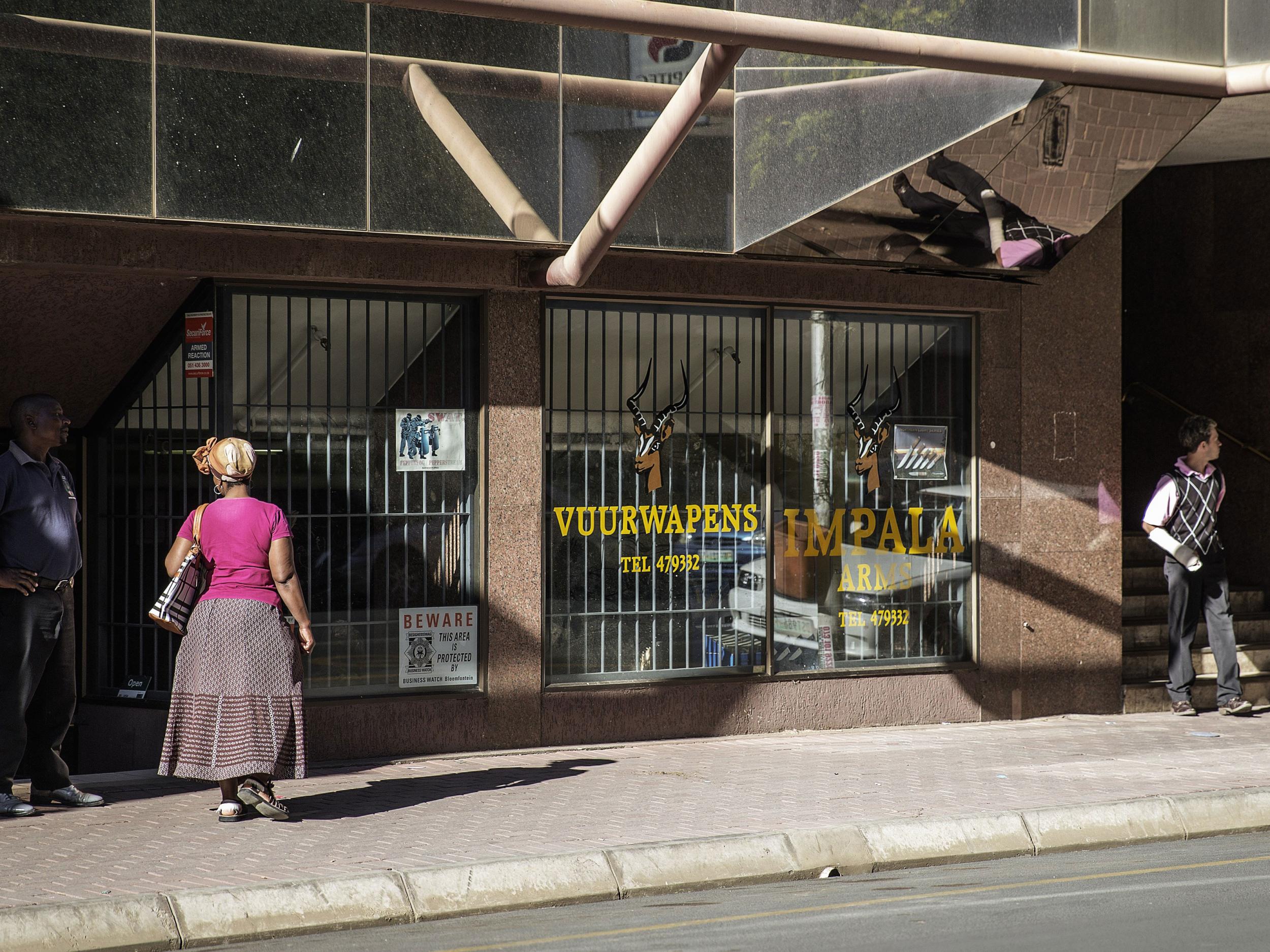Peter Frederiksen who 'stored severed vaginas of 21 women in freezer' appears in South African court
'Twenty-one packages containing suspected genital parts neatly labelled in plastic bags' where found at Peter Frederiksen's home

Your support helps us to tell the story
This election is still a dead heat, according to most polls. In a fight with such wafer-thin margins, we need reporters on the ground talking to the people Trump and Harris are courting. Your support allows us to keep sending journalists to the story.
The Independent is trusted by 27 million Americans from across the entire political spectrum every month. Unlike many other quality news outlets, we choose not to lock you out of our reporting and analysis with paywalls. But quality journalism must still be paid for.
Help us keep bring these critical stories to light. Your support makes all the difference.
A man has appeared in court over allegations of horrific sexual abuse against women ahead of his bail application.
The case has attracted significant attention in South Africa and neighbouring Lesotho, where the allegations reportedly took pace, due to the disturbing nature of the abuse and the death of a key witness last month.
Peter Frederiksen, originally from Denmark, appeared in court in Bloemfontein, on Wednesday, facing charges of sexual assault, intimidation, domestic violence and contravention of the Medicines Control Act, the BBC reports.
The 63-year-old, was arrested in September after police found 21 packages containing suspected female genital parts, neatly labelled in plastic bags, at his home in South Africa following a tip-off.
Anaesthetic drugs and surgical equipment were also found at the house, according to police.

Frederiksen, who reportedly owns two gun shops in South Africa, “allegedly sedated his victims before performing illegal operations on them,” a police statement said.
Police said the majority of his victims were from Lesotho, a small landlocked kingdom encircled by South Africa.
A police spokesman said Frederiksen kept a record of every body part he allegedly stored, who it belonged to and when it was removed.
His first suspected victim was in 2010, police said.
Frederiksen claims the allegations are “totally unfounded”, accusing his wife who he said was in contact with “witch doctors.”
Speaking in September to the Danish newspaper Ekstra Bladet, he said: "It is my wife who uses the stuff and not me."
"I told her many times that she had to pick up the stuff in the refrigerator," he added.
It is understood his estranged wife, Anna Matseliso Molise, informed police he drugged her and cut off parts of her genitalia while she was incapacitated.

Mrs Molise was due to testify against her husband at his trial, however she was shot dead in October, according to BBC reports.
The 28-year-old, who was a key witness in the case, was shot four times outside her home in Maseru, Lesotho. She later died from her wounds in hospital.
It has emerged Frederiksen is also wanted in Denmark for alleged illegal dealing in firearms, according to the BBC.
Police have appealed for any women who may have been assaulted by the man to come forward.
Some 30 million African girls are at risk of FGM over the next decade and the practise still reportedly takes place in South Africa.
The traditional practice, often justified as a means of suppressing a woman's sexual desire and preventing "immoral" behaviour, "represents a way to exercise control over women,"Navi Pillay, a U.N. human rights chief and former South African High Court judge told Reuters.
Violence against women is a particular problem in South Africa where, according to a study by the Gender and Health Research Unit, a woman is killed by her partner every eight hours.
The study also found when a woman is murdered in South Africa, in more than half of cases she is killed by her partner. Further research suggested the country has the highest reported rate of women murdered by shooting than any other country not currently engaged in war.
Subscribe to Independent Premium to bookmark this article
Want to bookmark your favourite articles and stories to read or reference later? Start your Independent Premium subscription today.
Join our commenting forum
Join thought-provoking conversations, follow other Independent readers and see their replies
Comments